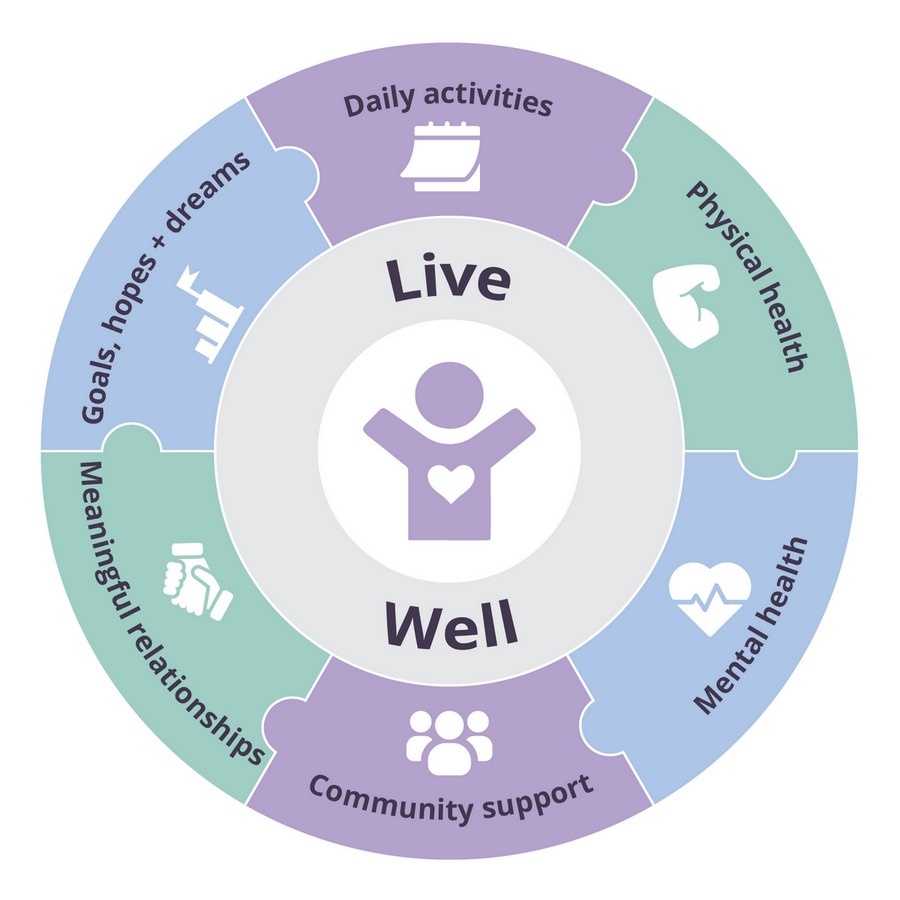Person-Centred Care
At Transpiral Wellbeing, our support workers embrace person-centred care as the foundation of our service approach. We recognize that true wellbeing comes from honouring each individual’s unique journey, preferences, and strengths.
Our team members approach each relationship with genuine curiosity and respect, understanding that you are the expert in your own life. We listen deeply to understand your goals, values, and what matters most to you—not just your challenges or support needs.
Transpiral Wellbeing support workers are committed to:
- Placing you at the centre of all decisions about your care and life choices
- Honouring your unique identity, including your cultural background, gender, beliefs, and lived experiences
- Adapting our support flexibly around your changing preferences and priorities
- Focusing on your capabilities and strengths rather than limitations
- Building meaningful partnerships with you and your support networks
- Creating opportunities for growth and increased independence
We believe that authentic person-centred support creates the conditions where individuals can thrive, make meaningful choices, and experience a deep sense of belonging and purpose. Our support workers bring empathy, ethical practice, and cultural sensitivity to every interaction, ensuring you feel truly seen, heard, and valued.


